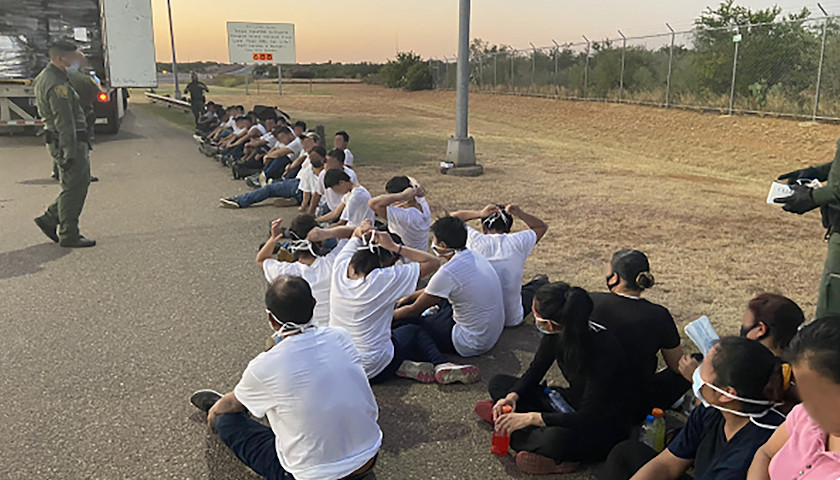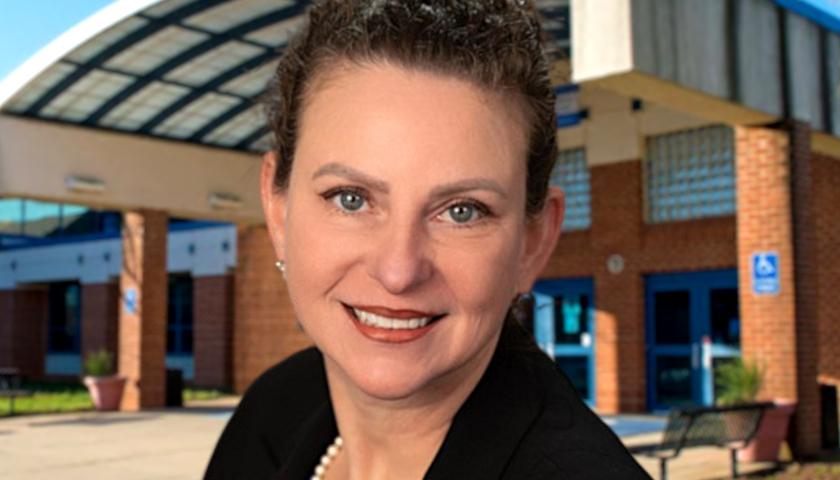by Marya Ruth Dunning
Despite the controversiality of the curriculum, business schools are still following the Environmental, Social, and Governance (ESG) initiative.
The Harvard Law School Forum on Corporate Governance defines ESG as an effort that “grew out of investment philosophies clustered around sustainability and, thereafter, socially responsible investing,” though “there is no single list of ESG goals or examples, and ESG concepts often overlap.”
The Wharton Business School at the University of Pennsylvania has not only continued to follow this initiative but has also sought to implement it further into its curriculum.
“Wharton announces two MBA majors and an undergraduate concentration that will provide in-depth foundations for those interested in the complex relationships between business and the natural environment and business and society more broadly,” the school’s website states.
“Starting in the 2023-2024 academic year, in addition to existing programs in Business, Energy, Environment and Sustainability, students can pursue the following new academic paths.”
The two MBA majors mentioned are “Environmental, Social and Governance Factors for Business” (ESGB) and “Social and Governance Factors for Business” (SOGO). The undergraduate concentration is “Environmental, Social and Governance Factors for Business” (ESGB).
ESGB focuses on the relationship between the business world and the environment. This includes “management of…[ESG] risks and opportunities, the business and economics of energy, and the ways in which firms incorporate ESG factors into their governance,” according to the major’s website.
SOGO is geared toward those interested in the same concepts, “especially…in the social and governance factors,” according to the major’s website.
ESGB is designed for undergraduate students with the same interests, according to the major’s website. “There is a strong need for a new generation of expert business leaders who understand the rapidly evolving trends in business models, technology, regulation, and financing with implications for the environment and society as a whole,” the website adds.
“Students choosing the ESGB concentration are therefore ideally suited for the ever-expanding set of careers in many fields.”
Similarly, Columbia Business School is set to teach a course titled “ESG Equity Investments” in the upcoming fall semester. The course has previously been taught in the fall semester of 2022.
“Does an investor add more positive impact buying ‘good’ companies, or focusing on ‘bad’ companies and trying to change their behavior?” the course seeks to ask, according to its syllabus. “How does an Asset Manager use the power of the Proxy vote and Corporate Engagement to affect change in Environmental, Social and Governance policies?”
– – –
Marya Ruth Dunning is a sophomore at Virginia Tech in Blacksburg, Virginia and is double-majoring in criminology and psychology with a minor in Spanish. She is currently a Program Coordinator for Impact, a data analytics-based living-learning community, as well as being active in Turning Point USA, Network of Enlightened Women, Students for Life, and The Podcast Crew. Marya is passionate about freedom of speech, supporting law enforcement, combating grooming and gender ideology, fighting socialism and communism, and standing for the unborn.




